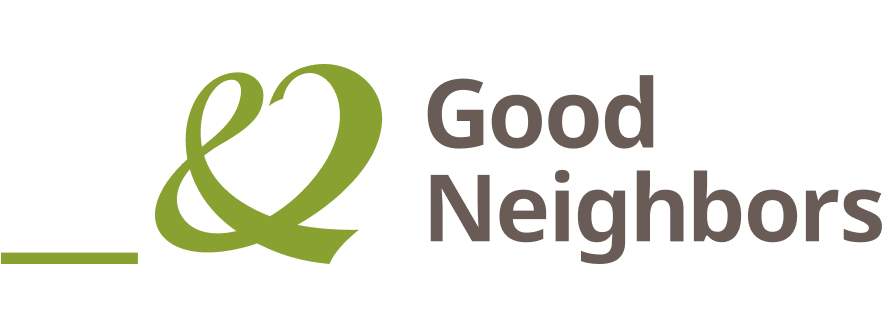
Good Neighbors Guatemala began operations in 2008 to combat poverty and suffering in Guatemala. Initially active in Loma Blanca, an underprivileged urban neighborhood in Guatemala City, the organization has since expanded to eight community development projects across Guatemala City, Chimaltenango, Zacapa, Sololá, San Marcos, Escuintla, and Santa Rosa. These projects serve diverse populations, including seven ethnic groups with Mayan, Garifuna, and Mestizo roots.
The organization’s primary focus is on advocating for children’s rights and protection, improving education, promoting youth development, enhancing healthcare, and increasing disaster preparedness. Good Neighbors Guatemala also fosters a sustainable social economy through two social enterprises—Buenos Vecinos, which produces improved cookstoves, and Buena Tierra, which focuses on coffee production—as well as a financial institution, Fundagein.
Aligned with global goals, Good Neighbors Guatemala is dedicated to enhancing the quality of life for families and communities. The organization partners with community development committees to ensure a community-driven, lasting impact, promoting ongoing dialogue and networking to support these efforts.
Good Neighbors Guatemala strengthens community capacities to create a context of protection that guarantees the well-being and rights of children and youth.
Our interventions are aligned with the Sustainable Development Goals (SDGs). Overall, we have significantly contributed to SDGs 1 (ending poverty), 2 (food security and nutrition), 3 (good health), 4 (quality education), 6 (water and sanitation), 8 (sustainable economic growth), 10 (reduced inequalities), 13 (climate change adaptation), and 17 (partnerships for the goals).
Good Neighbors is a global NGO dedicated to improving the lives of children and communities in over 50 countries.
Good Neighbors has held a General Consultative Status to the United Nations Economic and Social Council (ECOSOC) since 1996.
